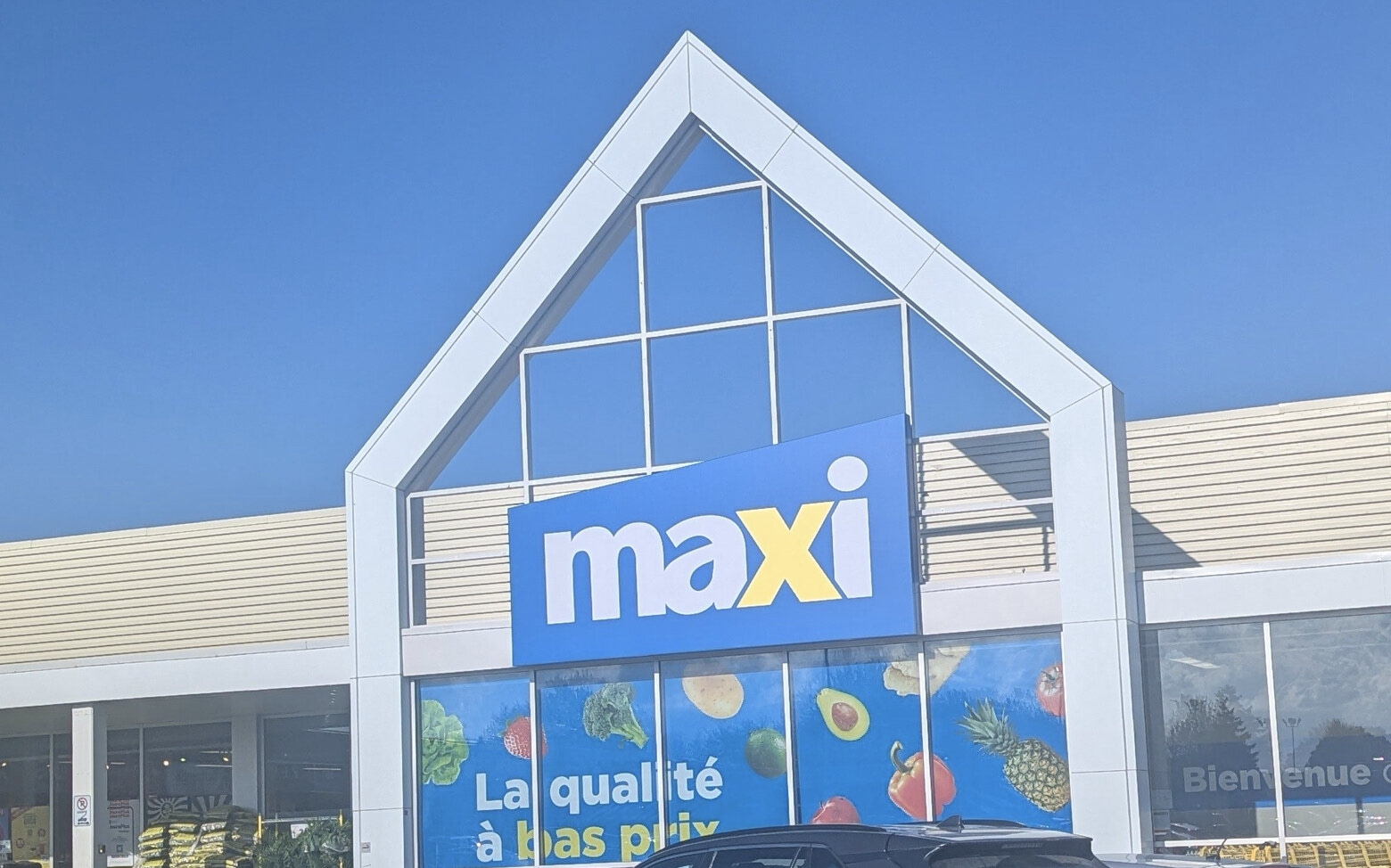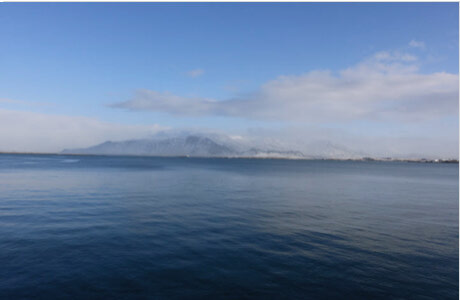Prices on the rise locally with tariff war underway
Mélissa Gélinas
The price increases linked to U.S. tariffs are already being felt in several grocery stores and pharmacies, including Walmart, Loblaws, Provigo, Maxi, and Pharmaprix.
According to Nathalie Normandeau, a former politician and host of the 104.7 radio show La commission, Loblaws-owned Provigo and Maxi grocery stores have already begun putting "T" symbols on more than 1,000 products, indicating a price increase caused by the tariffs.
Furthermore, according to Normandeau, within two months, a total of 6,000 products will be displaying this symbol in these grocery stores. "Fruits and vegetables will be the first to be affected," she emphasized.
Affected products:
• Dairy products
• Meat
• Coffee and tea
• Cereals
• Spices
• Pasta
• Oil
• Soft drinks
• Sweets
• Natural, hygiene, and beauty products
• And more
"Although there are alternatives, they could cost more due to the tariff response," said Normandeau. Canadian products containing ingredients from the United States may also see their costs increase.
"It's quite rare to find a product that's 100% made in Canada," said Sylvain Charlebois, Senior Director of the Agri-Food Analytical Sciences Laboratory at Dalhousie University. "It's important to know that the price increase won't be 25%, but rather 3% to 5%," he adds.
As for Walmart, the company is trying to find solutions to continue offering the lowest possible prices. "Since the pandemic, according to the first quarter results, people with higher incomes are shopping more at Walmart, particularly for groceries," said Normandeau. "There's a lot of concern among consumers."
According to information from Maurice Doyon, professor of agri-food economics and consumer sciences at Université Laval, boycotting American stores such as Walmart and Costco is not recommended, as they still sell some Canadian products. In this sense, it's American products that should be avoided, not the stores.






